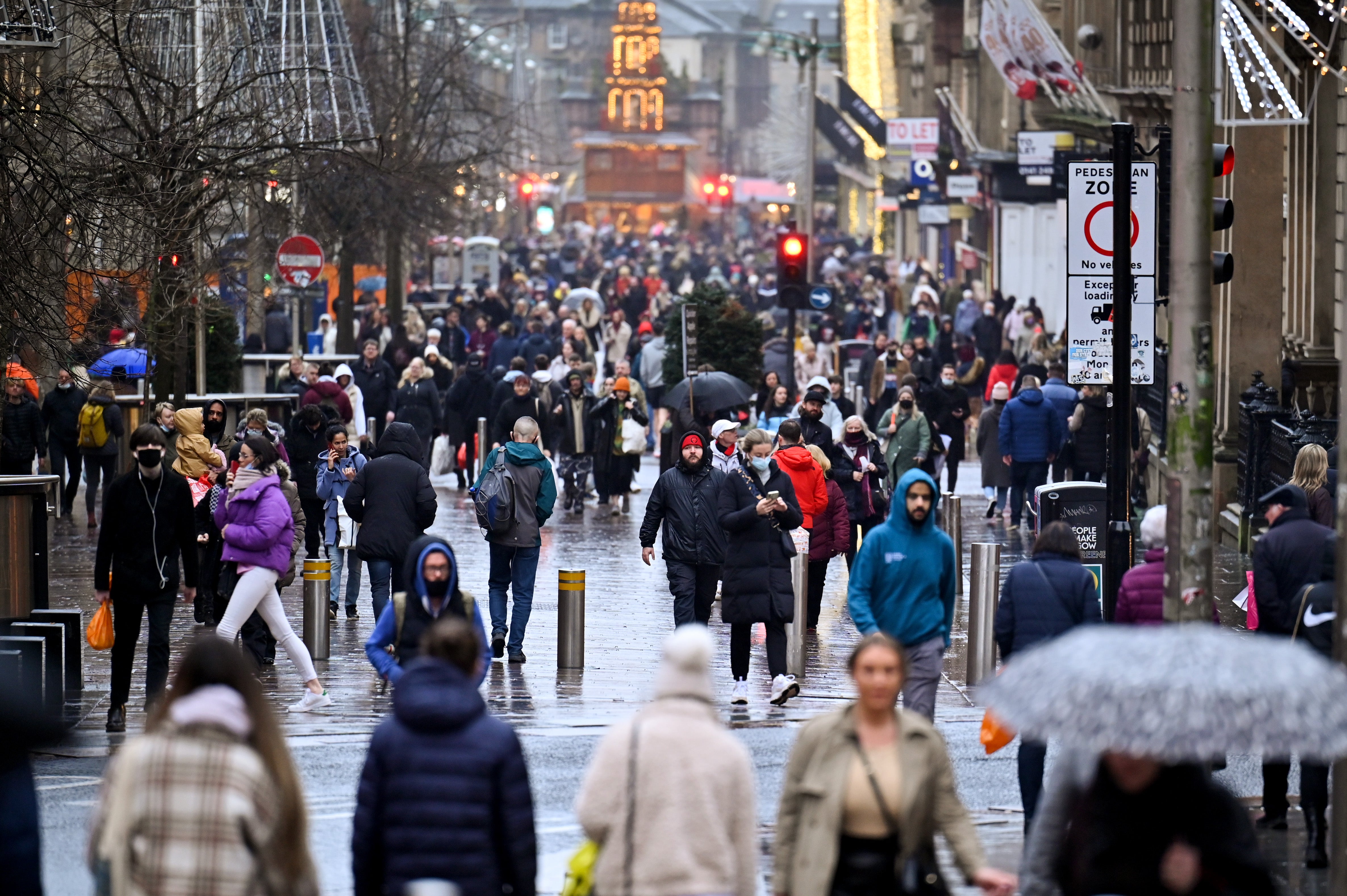Has Covid made us less – not more – compassionate?
Seemingly long gone are the days of checking in with neighbours, clapping for carers and sending food packages to those in isolation


Your support helps us to tell the story
From reproductive rights to climate change to Big Tech, The Independent is on the ground when the story is developing. Whether it's investigating the financials of Elon Musk's pro-Trump PAC or producing our latest documentary, 'The A Word', which shines a light on the American women fighting for reproductive rights, we know how important it is to parse out the facts from the messaging.
At such a critical moment in US history, we need reporters on the ground. Your donation allows us to keep sending journalists to speak to both sides of the story.
The Independent is trusted by Americans across the entire political spectrum. And unlike many other quality news outlets, we choose not to lock Americans out of our reporting and analysis with paywalls. We believe quality journalism should be available to everyone, paid for by those who can afford it.
Your support makes all the difference.Recently, my behaviour towards my sister, who has been in isolation with Covid, has surprised me. We live together, her bedroom just a stone’s throw across the hallway, and usually waltz freely between rooms, boundaries nearly non-existent. But now our doors remain sealed shut, and I daren’t breathe in the air between us.
I regret to say that my initial reaction to her testing positive was slightly lacking in compassion. The daunting prospect of catching and spreading the virus, along with the dread of a cancelled Christmas, sent me spiralling into an unfamiliar, anxious, self-centred version of myself, more concerned with the state of my health than hers.
Sure, I’ve still been cooking her delicious meals, leaving vases of flowers outside her door, and playing games with her over FaceTime to keep her company, but my top priority has ultimately been self-preservation. “Don’t come out!” I’ll bark in panic, if I hear her door handle opening to go to the toilet when I’m only halfway down the stairs; or “Have you touched it?” when she asks me to fill her bottle up with water – my manner lacking in care and sensitivity.
Similarly, when chatting on the phone earlier today, she told me that many of her friends have no idea that she’s caught the virus, simply because they haven’t asked how she is in a while – caught up, as they are, in their own Covid narratives.
This lack of compassion has also been noticeable out on the streets of London, at odds with the warmth and collective cheer that usually characterise the festive season. The determination to have a Covid-free Christmas and new year has made many people’s behaviour hostile – swerving each other like landmines, shooting dirty looks to anyone who coughs or comes too close, refusing to engage with or even acknowledge passers-by.
It goes without saying that there are a huge number of people around the country who are devoting their every waking hour, even their entire holiday season, to the welfare of others. We only have to look at the army of volunteers in vaccination centres and food banks, charity workers and NHS staff for a little inspiration. But somehow this isn’t translating into the wider community.
People have been walking around with their backs up, irked by anyone who might compromise their plans, but it’s making these difficult times all the more difficult.
The pandemic feels more personal than it did before. Seemingly long gone are the days of checking in with neighbours, clapping for carers and sending food packages to those in isolation. Back then, we acknowledged that we were all facing the same challenges, but now it’s more a case of “every man for himself”.
To keep up to speed with all the latest opinions and comment, sign up to our free weekly Voices Dispatches newsletter by clicking here
There has been a real sense of resentment and blame towards people who test positive, as if they, personally, are responsible for putting celebrations and social occasions in jeopardy – rather than the deadly pandemic sweeping the globe. The last thing anyone needs when they’re under bedroom-arrest, feeling ill and no doubt suffering a real strain on their mental health, is to feel guilty about it.
Coronavirus has affected so many aspects of our lives: our health, careers, relationships, education and families. We’ve lost loved ones, we’ve lost time and we’ve lost faith; but the one thing that has carried us through to this point is compassion, and we can’t let Covid damage our natural, human propensity for it. Whether it’s towards those in our household or strangers at the supermarket, compassion has never been more necessary.
This doesn’t mean abandoning all sense of caution – like flinging my sister’s door wide open and embracing her in a huge bear-hug. We can still be kind from a distance. But compassion can coexist with safety, and in 2022 there will be plenty of opportunity to exercise it.
Join our commenting forum
Join thought-provoking conversations, follow other Independent readers and see their replies
Comments